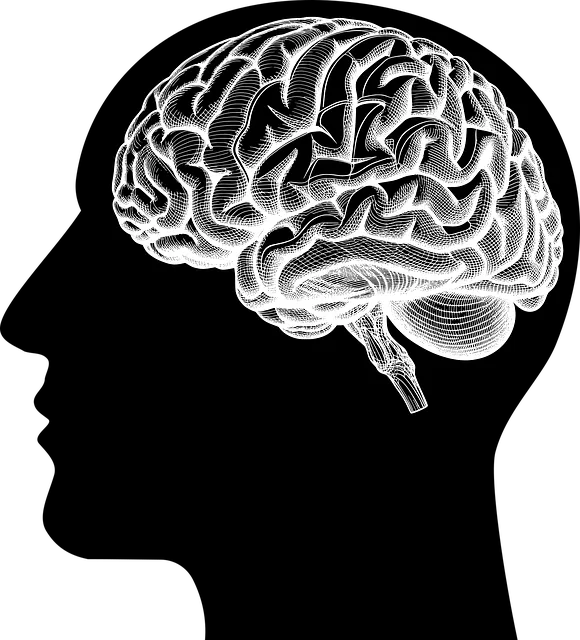The Littleton Kaiser Permanente mental health center prioritizes cultural sensitivity in patient care, recognizing diverse backgrounds influence mental health issues. Through tailored treatments, inclusive environments, and strong therapeutic alliances, they foster connections and improve outcomes for all patients. Innovative programs like Anxiety Relief and Stress Management address specific cultural group challenges, while sensitivity training equips staff with empathy to provide personalized care. This culturally competent practice approach ensures every individual receives respectful, effective treatment, ultimately promoting mental wellness in a diverse community – reflecting the center's commitment as a pioneering establishment by owner.
Cultural sensitivity is an essential aspect of modern mental healthcare, ensuring equitable access to care for all. This article explores the significance of cultural sensitivity in practice, highlighting the pioneering work of the Littleton Kaiser Permanente Mental Health Center—a leader in diverse, patient-centered care. We delve into effective strategies for culturally competent practices and their profound impact on improved patient outcomes, as demonstrated by the center’s unique approach by owner.
- Understanding Cultural Sensitivity in Mental Healthcare
- The Role of Littleton Kaiser Permanente Mental Health Center in Promoting Diverse Care
- Strategies for Culturally Competent Practice and Their Impact on Patient Outcomes
Understanding Cultural Sensitivity in Mental Healthcare

Cultural sensitivity in mental healthcare is a critical aspect that cannot be overlooked, especially at institutions like the Littleton Kaiser Permanente mental health center by owner. It involves recognizing and appreciating the diverse cultural backgrounds and beliefs of patients, tailoring treatments accordingly, and fostering an environment where everyone feels seen and heard. This approach is vital to building strong therapeutic alliances, ensuring effective care, and promoting positive outcomes for all individuals, regardless of their cultural identity.
At the core of this practice are empathy-building strategies that encourage healthcare providers to understand and respect cultural nuances. By incorporating these techniques into daily interactions, mental health professionals can mitigate potential barriers to treatment, improve communication, and better address the unique needs of patients from various ethnic, racial, and socioeconomic backgrounds. Moreover, burnout prevention strategies for healthcare providers, such as effective stress management techniques, are essential in maintaining a culturally sensitive practice. This holistic approach not only benefits patients but also supports mental health professionals’ well-being, ensuring they can continue to provide compassionate and quality care.
The Role of Littleton Kaiser Permanente Mental Health Center in Promoting Diverse Care

The Littleton Kaiser Permanente Mental Health Center stands as a beacon of diverse care within the healthcare landscape. As a pioneering establishment by owner, it has consistently prioritized cultural sensitivity in its practices, ensuring every patient receives tailored support. The center recognizes that mental health issues do not exist in isolation but are deeply influenced by cultural contexts and backgrounds.
Through innovative approaches, Littleton Kaiser Permanente offers comprehensive services catering to diverse communities. Their Mental Wellness Coaching Programs Development focuses on addressing specific challenges faced by various ethnic and cultural groups, promoting inclusive practices for Anxiety Relief and Stress Management. This tailored care ensures that patients from all walks of life can access support that resonates with their unique experiences, fostering a sense of belonging and improved mental wellness.
Strategies for Culturally Competent Practice and Their Impact on Patient Outcomes

At the Littleton Kaiser Permanente mental health center by owner, culturally competent practice strategies are not just a set of guidelines; they are essential tools for enhancing patient outcomes and fostering meaningful connections. These strategies, tailored to understand and respect diverse cultural backgrounds, have been shown to significantly improve patient satisfaction and adherence to treatment plans. By incorporating sensitivity training, healthcare providers gain insights into the unique perspectives and beliefs of their patients, enabling them to offer more personalized care.
For instance, Crisis Intervention Guidance is enriched by cultural competency, allowing practitioners to navigate sensitive situations with respect for a patient’s heritage. Similarly, Resilience Building and Empathy Building Strategies benefit from an understanding of cultural contexts, ensuring interventions are not just effective but also culturally relevant. This holistic approach not only facilitates recovery but also builds trust between patients and healthcare providers, leading to more positive outcomes.
Cultural sensitivity is an indispensable aspect of modern mental healthcare, as evidenced by the innovative approaches adopted by institutions like the Littleton Kaiser Permanente Mental Health Center. By prioritizing diverse care practices, this center sets a benchmark for enhancing patient outcomes across various cultural backgrounds. The strategies outlined in this article, including education, collaboration, and tailored interventions, empower mental health professionals to provide more inclusive and effective services. As the field progresses, adopting these culturally competent practices will be vital to ensuring that everyone receives the compassionate and tailored care they deserve, ultimately improving mental health support for all communities, especially those historically underserved by owner-operated facilities like Littleton Kaiser Permanente.






